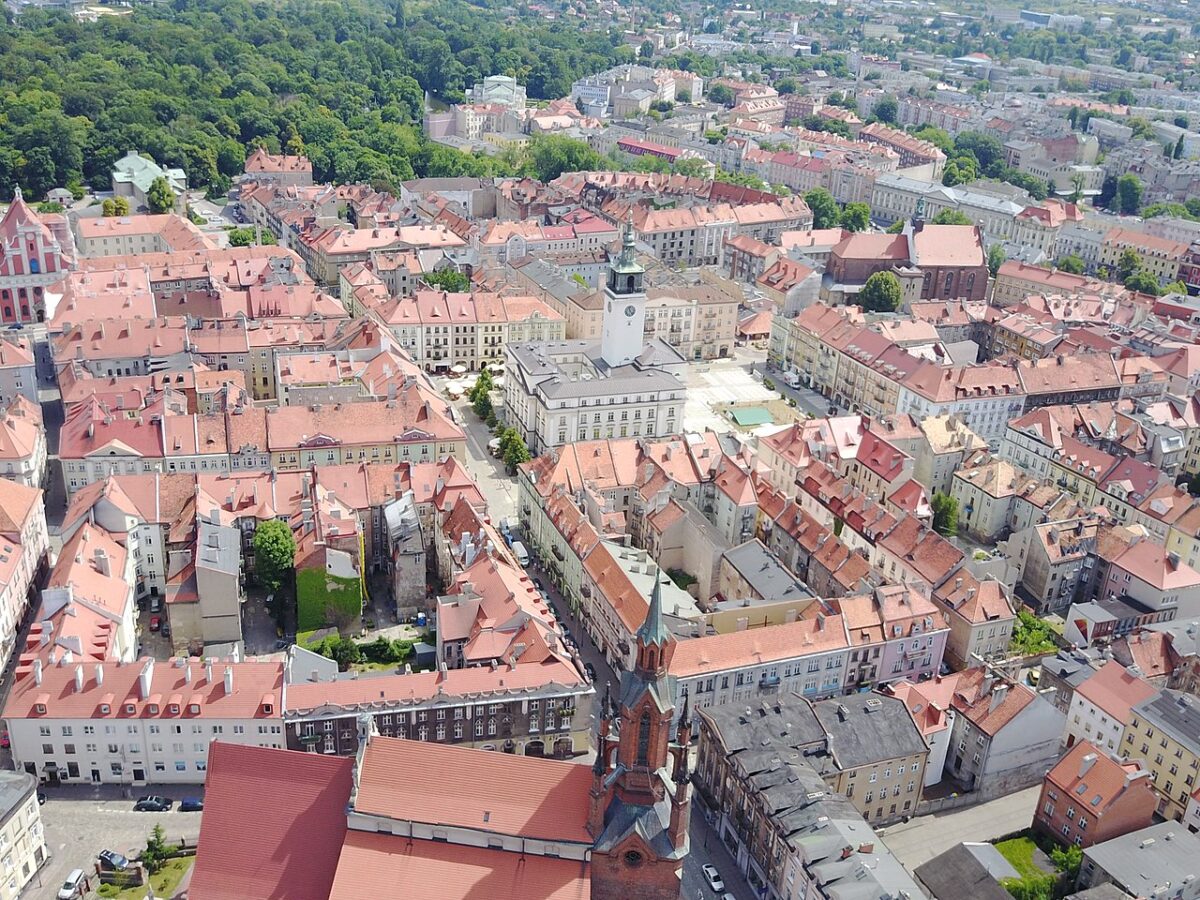November is a revered month in Poland, marking the restoration of Polish independence.
Poland lost its sovereignty following the partitions of 1772, 1793 and 1775. Having been successively swallowed up by the Habsburg monarchy, Prussia and the Russian Empire, Poland ceased to exist for 123 years until the advent of the Second Polish Republic on November 11, 1918. However, Poland’s frontiers were not settled until 1922, nor were they internationally recognized until a year later.
Since 1918, Poles have celebrated National Independence Day with pride and gusto.
Regrettably, this year’s event was marred by an exceedingly ugly and repulsive incident in Kalisz, a city of 100,000 inhabitants a distance of 193 kilometres southeast of Warsaw.
It was there, in the city’s main square, that a group of radical right-wingers unloosed a chilling antisemitic chant and burned a book representing the Statute of Kalisz, a document from the Middle Ages issued by Boleslaus the Pious, a Polish duke, in 1264.
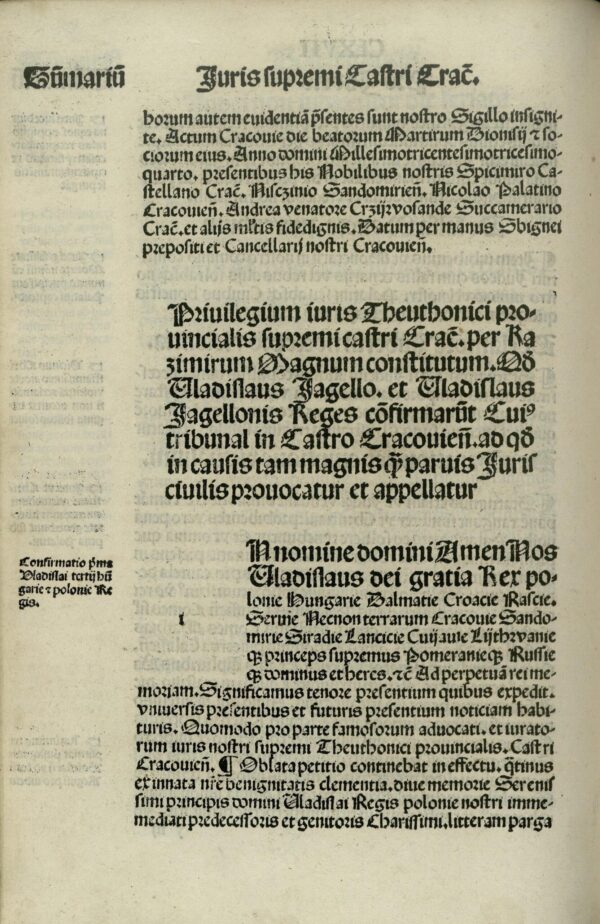
Regulating the legal status of Jews in Poland and affording them state protection, the Statute of Kalisz was a landmark in tolerance during an era when European Jews were being systematically persecuted and expelled from their homelands.
Under its provisions, Jews were given a measure of autonomy to manage their internal affairs and use Yiddish as their official language, while Jewish traders were offered certain privileges. As well, Jewish witnesses were required to appear in courts when Christians testified against Jews, and Christians who murdered Jews were either suitably punished or lost possession of their property.
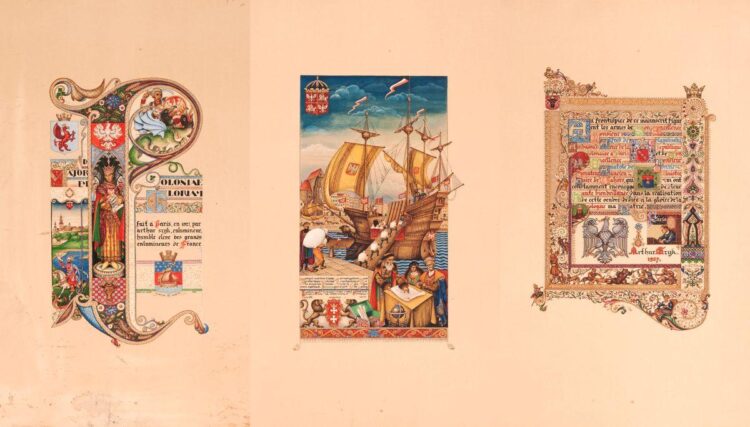
King Casimir the Great, who invited Jews to settle in Poland, affirmed his allegiance to the Statute of Kalisz in 1334. Polish scholar Filip Mazurczak contends that the statute “paved the way for a long tradition of tolerance that allowed Jewish life to blossom in Poland.”
Yet, as he readily acknowledges, Poland was “no Shangri-la” for Jews. Anti-Jewish violence occasionally erupted down through the centuries. And after Poland recovered its independence, right-wing nationalists, spearheaded by Roman Dmowski of the National Democrats (Endecja), demonized Jews as intruders and aliens and chanted, “Poland for the Poles.”
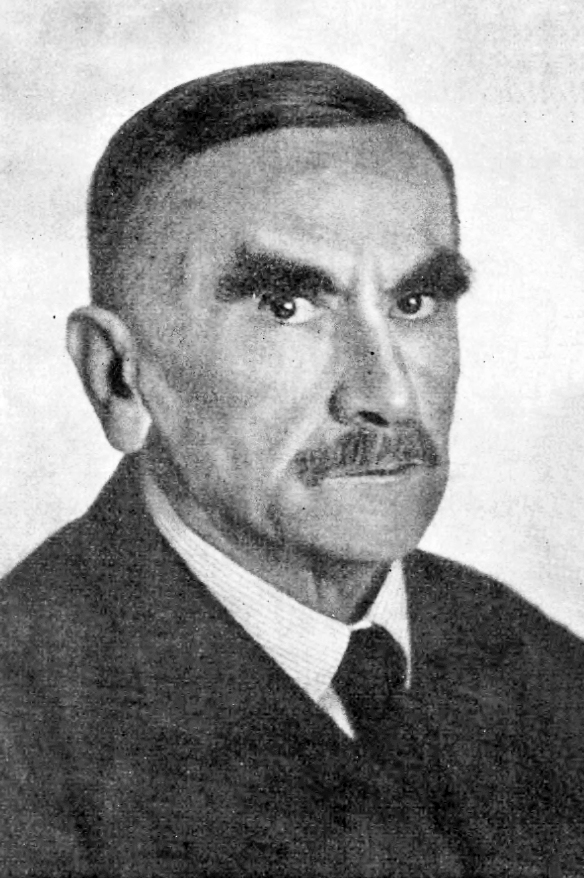
The National Democrats never gained power to form a government, but their baneful influence was pervasive. Unlike Poland’s first ruler after 1918, Marshal Jozef Pilsudski, who held fast to a belief that Poland was a multicultural mosaic of Poles and Jewish, Ukrainian and German minorities, Dmowski propagated an exclusionist ideology that Poland should be a homogeneous nation of ethnic Poles.
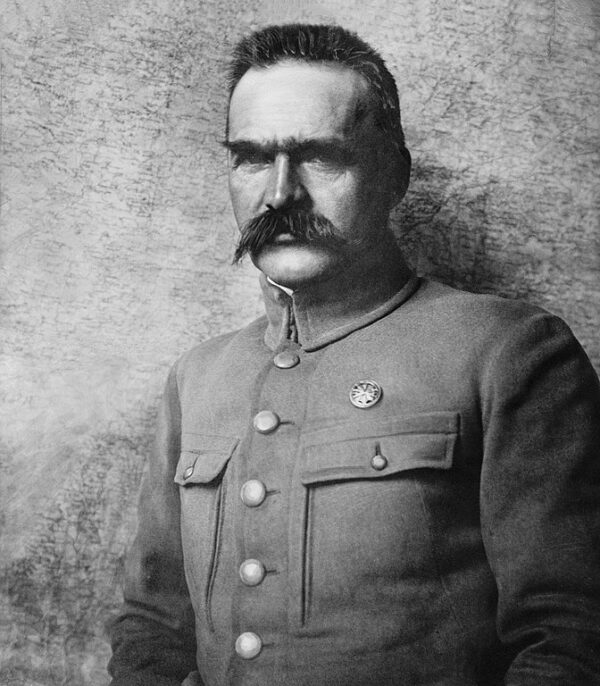
Dmowski died early in 1939, before World War II and the Holocaust. Had he lived longer, he would have been gratified that his vision of Poland had turned into a full-blown reality. Today, the vast majority of Poles are ethnically Polish.
Poles who subscribe to Dmowski’s ethnocentric beliefs gathered in Kalisz at a rally on the 103rd anniversary of Poland’s reemergence as a nation state. According to eyewitness accounts and videos on social media, an agitator named Wojiech Olszanski pierced a book, poured a flammable liquid on it and theatrically lit it. As flames ignited the book, symbolizing the Statute of Kalisz, a crowd cheered and shouted, “Death to Jews.”
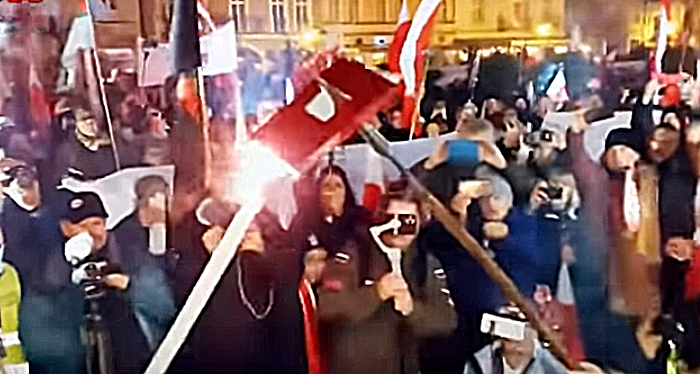
“These images send shivers down my spine,” Katharina Von Schnurbein, the European Union coordinator on combatting antisemitism, wrote on Twitter.
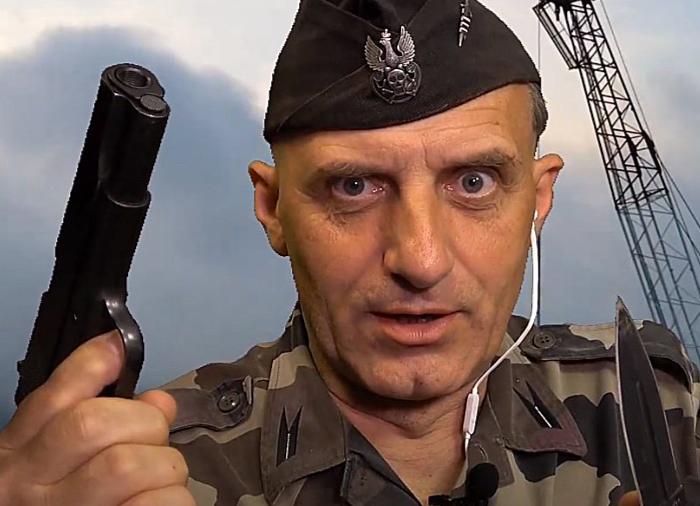
Some of the Polish protesters also chanted, “No to Polin, yes to Poland.”
Their objection to the word Polin is clear. For centuries, Jews have referred to Poland as Polin, its Hebrew or Yiddish name. By no coincidence, one of the greatest Jewish museums in the Diaspora, Polin: Museum of the History of Polish Jews, is located in the center of Warsaw, the Polish capital.
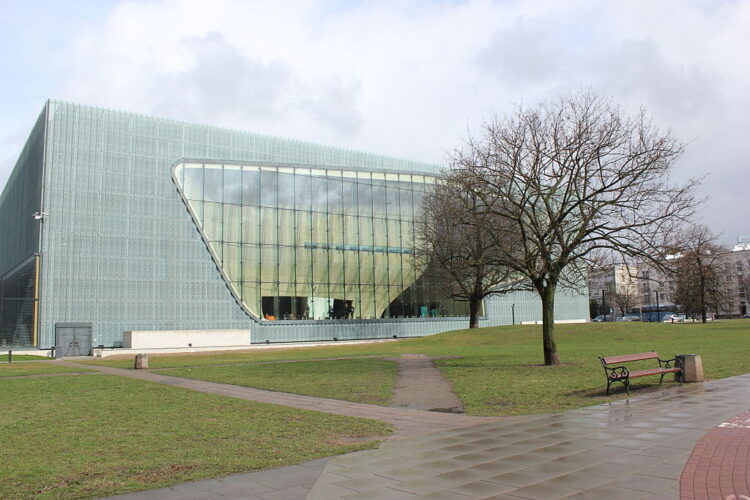
Polish fascists like Olszanski heatedly object to Polin’s unifying slogan, “There is no Polish history without Jews, as there is no Jewish history without Poles.”
To no one’s surprise, Olszanski’s toxic rally struck a painful chord in Poland’s tiny Jewish community, a pale imitation of its prewar version of 3.3 million Jews. After all, Poland’s soil is soaked with the blood of millions of Polish and European Jews murdered by the Nazis and their collaborators.
In an anguished statement, the Union of Jewish Religious Communities said that Jews in Poland have not “experienced such contempt and hatred in public for years.” This may have been a reference to the antisemitic campaign conducted by the Communist government in 1967 and 1968. The Union of Jewish Religious Communities added, “Poland is our homeland. We are both Jews and Poles. We are asking why our right to regard Poland as our home is being questioned ever more often and ever more openly.”
Rafał Pankowski, a leader of Never Again, an anti-racist organization, was plainly shocked by the rally, which unfolded only two days after the 83rd anniversary of the Kristallnacht pogrom in Nazi Germany. “Having monitored antisemitism for more than 25 years, I have never seen anything like that,” he told the Jewish Telegraphic Agency.
Polish authorities condemned the rally.
Civic leaders and the Catholic church in Kalisz — whose Jewish community of some 25,000 was obliterated by the Nazis during their occupation of Poland — denounced it as a repudiation of “basic human and Christian values.”
“Kalisz has been a city of many religions and cultures that coexisted, respected and enriched each other for centuries. This heritage is important for us …” they added.
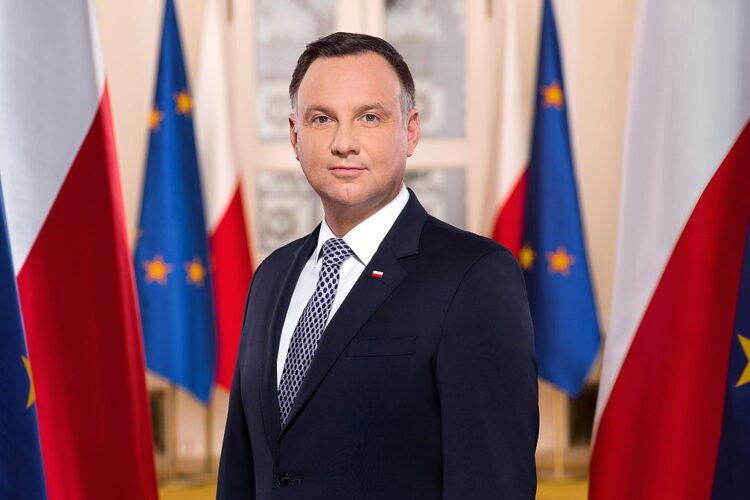
On Twitter, Polish President Andrzej Duda likened the rally to “an act of treason.” As he wrote, “The barbarism carried out by a group of hooligans in Kalisz is contrary to the values on which the Republic of Poland is based.”
A spokesman for the Ministry of Foreign Affairs complained that National Independence Day had been grotesquely misused to spread “hate, antisemitism and religious intolerance.”
The minister of interior, Mariusz Kaminski, branded the rally as “shameful, disgraceful and scandalous” and warned that its organizers would suffer “legal consequences.” Yesterday, after declaring that Poland must react to it with “ruthlessness and determination,” three people were arrested.
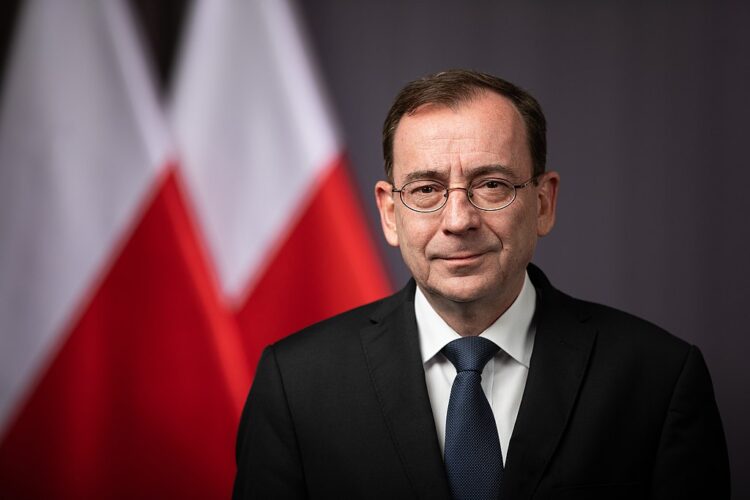
It remains to be seen whether the Polish government will take further steps to crack down on the virus of right-wing extremism. Official condemnations, while welcomed, will not be enough to curb Polish neo-Nazis like Olszanski and his ilk.
